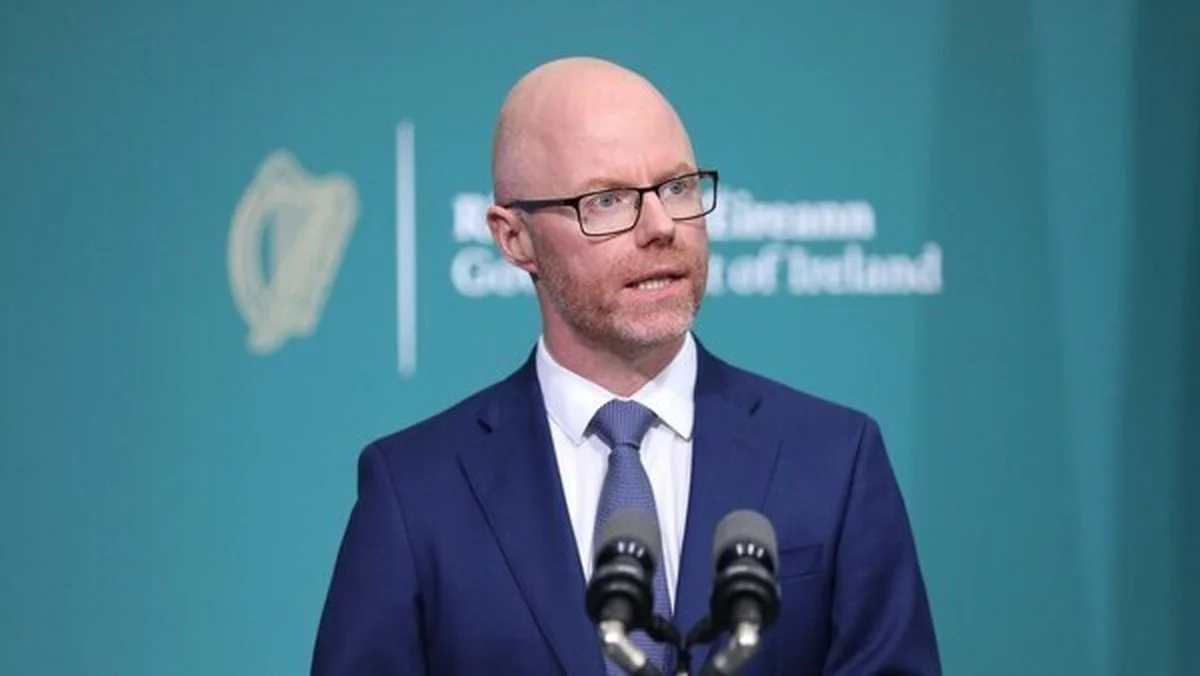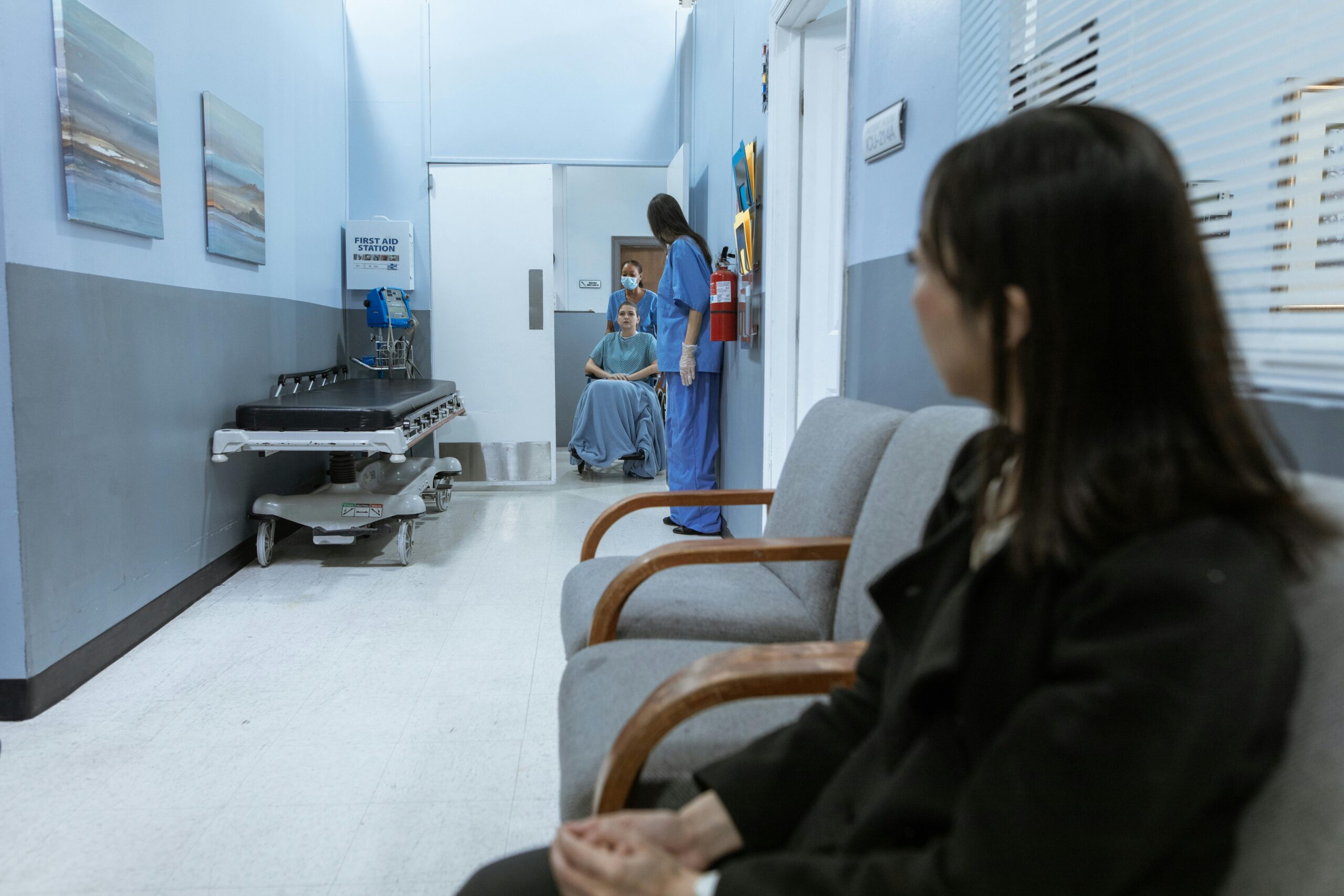Minister for Health publishes ‘Digital for Care: A Digital Health Framework for Ireland 2024-2030\'

Minister for Health Stephen Donnelly TD is launching ‘Digital for Care: A Digital Health Framework for Ireland 2024-2030’. This framework sets out a roadmap to digitally transform health services in Ireland and improve access for patients.
This year will see the roll-out of a patient app that will provide people with important medical history and records. Next year will see the rollout of a ‘Shared Care Record’ to integrate patient records no matter what part of the health service they engage with. A longer-term deployment of Electronic Health Records (EHR) is also included.
Given the critical role existing, and technologies of the future, digitalisation and data will play in shaping the Irish healthcare service, the purpose of this framework is to:
- outline our vision for a modern, patient-centred, and sustainable health service that uses the latest digital technology to enable the delivery of universal healthcare, improve the quality of care, promote health and wellbeing, enhance population health, expand capacity, increase efficiency and productivity, and reduce costs
- Provide a guide for decision-making, and investment in digital health, to ensure Ireland is at the forefront of the global digital health revolution
- Provide a clear step-by-step roadmap for accelerating the transition to a fully integrated national digital health ecosystem
Minister Donnelly said, \”Digital technology now extends throughout most aspects of our daily lives. We use it at work, at home, in our social lives, when we look for information, book flights or pay for goods or services. The public demand no less in healthcare.
\”This Digital Health Framework for Ireland (2024 – 2030) sets out a clear ambition for the future. A future that harnesses the power of data, digital technology, and innovation, to widen access to health and social care services, provide improved affordable and equitable care, better patient safety and greater productivity.\”
Highlights in the new Framework for 2024 and beyond include:
- The roll-out of a Patient App later this year
- Scale the use of virtual care initiatives as a viable clinical intervention, enabled by technology, that is a safe and efficient alternative to inpatient care and to boost capacity
- Complete procurement for the technology platform to deliver a National Shared Care Record. In parallel, prepare for design, configuration and plan for phased deployment to connect records and enable delivery of integrated care across the new Health Regions
- Advance the development of a Health Information Bill scheduled for priority publication this legislative session
- Widen the use of Robotic Process Automation (RPA) in the management of waiting lists and use mobile SMS reminders, informed by behavioural science, to reduce Did Not Attend (DNA) rates for outpatient hospital appointments. Consider use cases for the safe use of artificial intelligence to support clinic decision-making
- Commence procurement of a solution for national electronic prescribing
- Continue to invest in GP systems and key data sources
- Leverage maximum value from Electronic Health Record systems deployed at existing hospitals and continue the deployment across the larger maternity hospitals and the New Childrens Hospital (NCH)
- In parallel, prepare for future investment in Electronic Health Record systems, to be deployed across the new regions, and address the procurement approach, deployment plans and hosting models for interoperability with existing systems
- Progress deployment of the National Integrated Financial Management System (IFMS), the National Integrated Staff Records and Payroll (NISRP) system, the National Estates Information and Management System (NEIS), invest in hospital patient flow analytics solutions and longer-term demand and capacity modelling capability
- Continue to build cyber resilience through the implementation of recommendations of the post-incident report following the ransomware attack in 2021 including 24/7 enhanced cyber security operations
Minister Donnelly added, \”Digitising services across health and social care is a priority for myself and my department. Through successive budgets, the government has consistently increased both capital and revenue funding for digital health. The health service now has an ambitious forward-looking digital pipeline to deliver on the vision of this strategic framework.\”
Damien McCallion, Chief Operations Officer, HSE, said, \”While Ireland has made significant technological strides in healthcare to date, we are not where we would want to be, the publication of the Department of Health’s Digital Health Framework and the imminent approval of the HSE’s Strategic Implementation Digital Health Roadmap promises to foster innovation and strategic investment towards the provision of effective and safe delivery of the Health Service.
\”We have worked closely with the Department of Health, patients as empowered partners, and other stakeholders over the past year to begin making this digital health vision a reality. New initiatives have already been implemented that are transforming the way we work across our health service, ensuring we provide safe, seamless and efficient care for everyone. Patients are already seeing the benefits of new digital health initiatives such as e-prescribing and remote health monitoring.
\”Looking to the future we are now embarking on a journey to establish a universal digital health record system, in line with the EU Digital Strategy and by the end of this year the initial version of the HSE App will be available. Our aim is to put patients and the people who use our services at the centre of their own care journey and enhance their overall experience of our health service.\”
(Department of Health)
You might also like
For relevant updates on Emergency Services news and events, subscribe to EmergencyServices.ie








